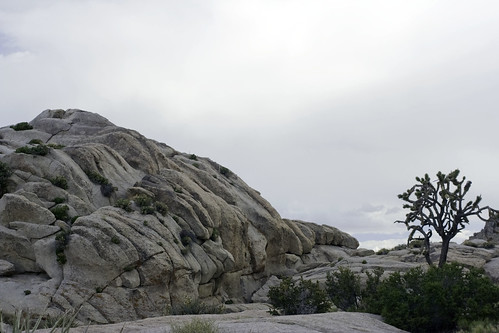You know what I hate? I hate when Fox News notices my favorite slightly secluded campsite in the Mojave Desert. They attract pest organisms. There you’ll be sitting quietly among the Joshua trees, enjoying the company of Mojave green rattlesnakes and tarantulas and kissing bugs and other such perfectly honorable animals, and then suddenly a chill wind will blow up the back or your shirt as the television news trucks arrive and some putrescent individual like Sean Hannity steps out into the sunlight, pasty and blinking and malignant. You can actually feel the cacti wither in revulsion.



